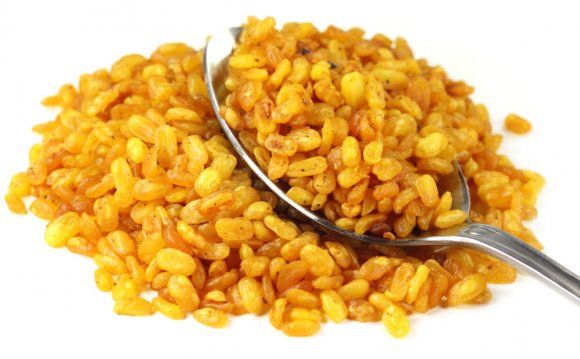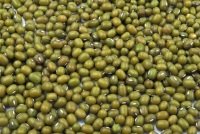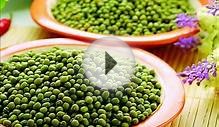

An easy-to-digest traditional rice and bean dish.
Kitchari (pronounced kitch-a-ree) is a staple comfort food of India, also known as khichari, khitchari, and kitchiri, and also sometimes referred to as kedgeree (though incorrectly, as that is an English dish). The word "kitchari' means "mixture" or "mess" as in "mess of pottage" or "mess of stew" or porridge.
The main ingredients are rice and mung beans, to which a variety of spices and other vegetables may be added. Often the mung beans are replaced with another bean. Sometimes the resultant "mess" is thick, and sometimes it is thin and soupy. And, sometimes, the word "kitchari" is used loosely to describe any "mess of pottage", such as, "I made a kitchari of millet and lentils".
The ancient practice of fasting on kitchari, or a "kitchari cleanse", utilizes the traditional mix of rice and mung beans. In Ayurveda, the ancient wisdom of India dating back 5, 000 years, this mix of rice and mung beans is considered extremely easy to digest and is said to purify the digestion and cleanse the body of toxins, much like .
According to Vasant Lad, in his book, The Complete Book of Ayurvedic Home Remedies, "A five-day kitchari fast, using plain kitchari with just some chopped cilantro leaves added, will cleanse the system and help to strengthen memory." See his plain recipe below.
Kitchari fasting is actually a, which means the body receives a limited diversity of foodstuffs and therefore needs to produce a limited number of digestive enzymes. The work of the digestive system is lessened, allowing for greater healing and cleansing to occur. Just like a, a kitchari cleanse can be calming, soothing and warming.
Besides being a great food for fasting, kitchari is wonderful for a variety of circumstances:
- Use during the process of breaking more intense fasts, such as or .
- Use during to provide further cleansing during your eating periods.
- Use when recuperating from an illness or any great physical stress, like childbirth, surgery, or extensive travel.
- It is an excellent "antidote" to dietary excesses, such as we're prone to do around the holidays or major family get-togethers.
- It can be helpful and calming when we're under emotional stress.
Kitchari ingredients
Most Ayurvedic-derived kitchari recipes call for basmati rice in particular. This may be because basmati is a rice that is considered appropriate for all three constitutional types; Vata, Pitta, and Kapha. If you've never tried basmati...
RELATED VIDEO











